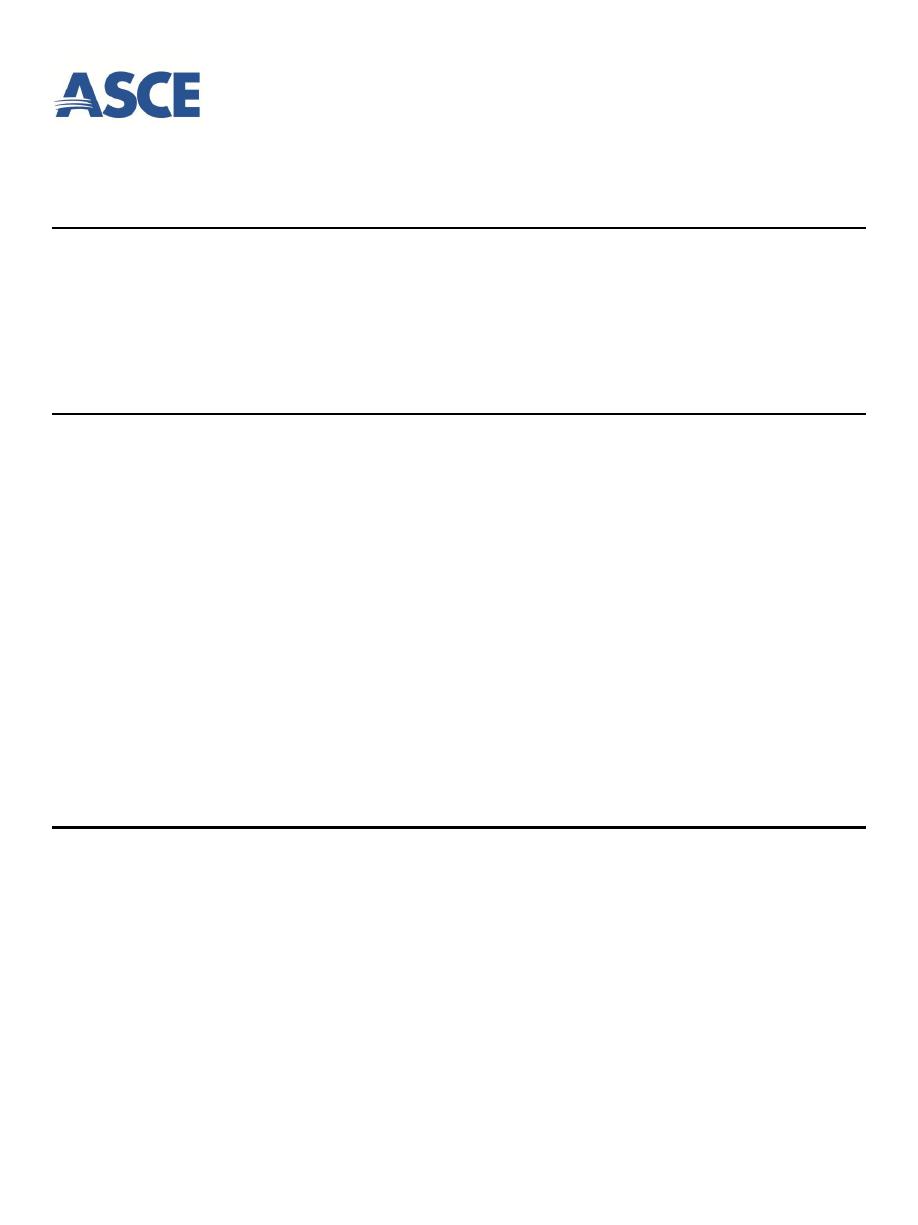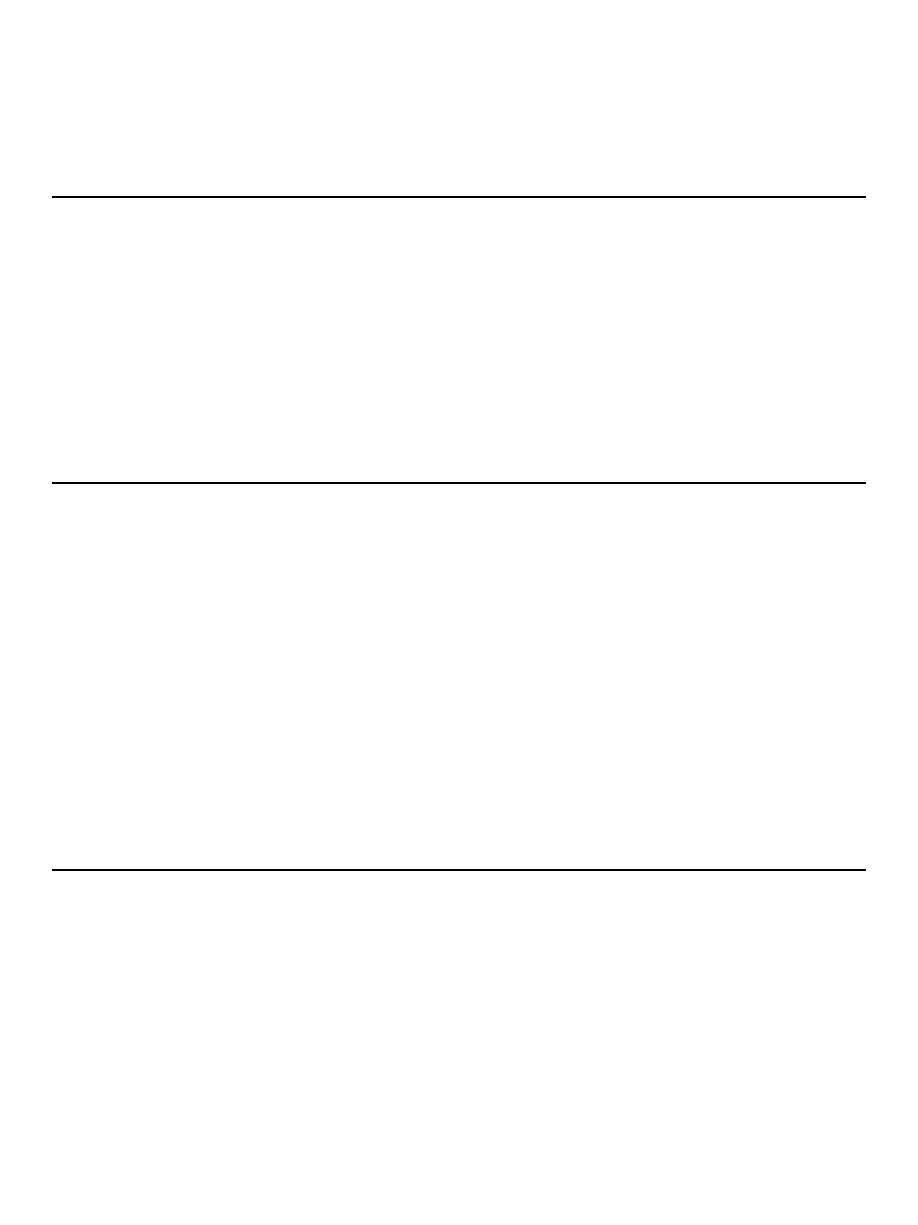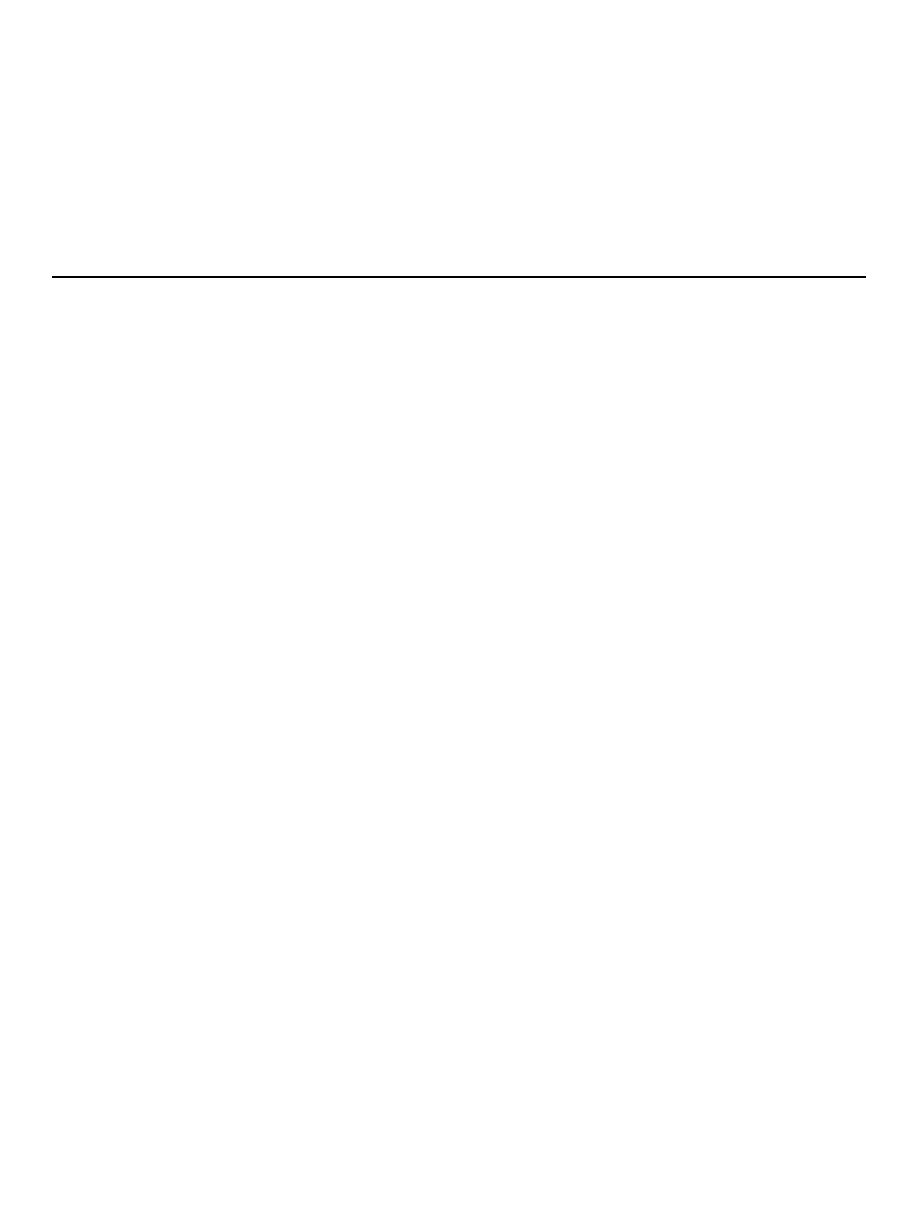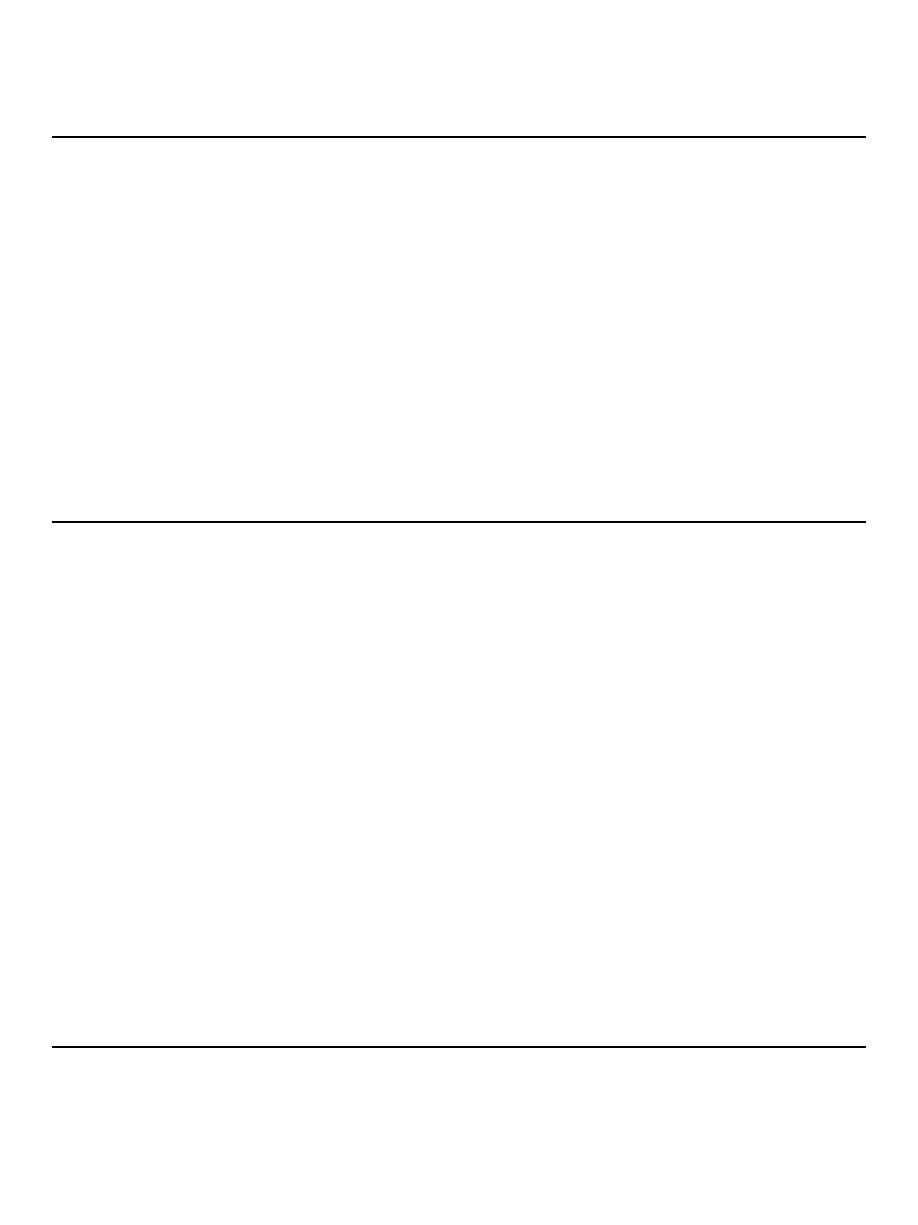
Code of Ethics
1
Fundamental Principles
2
Engineers uphold and advance the integrity, honor and dignity of the engineering
profession by:
1. using their knowledge and skill for the enhancement of human welfare and the environment;
2. being honest and impartial and serving with fidelity the public, their employers and clients;
3. striving to increase the competence and prestige of the engineering profession; and
4. supporting the professional and technical societies of their disciplines.
Fundamental Canons
1. Engineers shall hold paramount the safety, health and welfare of the public and shall strive to
comply with the principles of sustainable development
3
in the performance of their professional
duties.
2. Engineers shall perform services only in areas of their competence.
3. Engineers shall issue public statements only in an objective and truthful manner.
4. Engineers shall act in professional matters for each employer or client as faithful agents or
trustees, and shall avoid conflicts of interest.
5. Engineers shall build their professional reputation on the merit of their services and shall not
compete unfairly with others.
6. Engineers shall act in such a manner as to uphold and enhance the honor, integrity, and dignity
of the engineering profession and shall act with zero-tolerance for bribery, fraud, and
corruption.
7.
Engineers shall continue their professional development throughout their careers, and shall
provide opportunities for the professional development of those engineers under their
supervision.
Guidelines to Practice Under the Fundamental Canons of Ethics
Canon 1.
Engineers shall hold paramount the safety, health and welfare of the public and shall strive to
comply with the principles of sustainable development in the performance of their professional
duties.
a. Engineers shall recognize that the lives, safety, health and welfare of the general public are
dependent upon engineering judgments, decisions and practices incorporated into
structures, machines, products, processes and devices.
b. Engineers shall approve or seal only those design documents, reviewed or prepared by
them, which are determined to be safe for public health and welfare in conformity with
accepted engineering standards.
c. Engineers whose professional judgment is overruled under circumstances where the safety,
health and welfare of the public are endangered, or the principles of sustainable
development ignored, shall inform their clients or employers of the possible consequences.
d. Engineers who have knowledge or reason to believe that another person or firm may be in
violation of any of the provisions of Canon 1 shall present such information to the proper
authority in writing and shall cooperate with the proper authority in furnishing such further
information or assistance as may be required.

e. Engineers should seek opportunities to be of constructive service in civic affairs and work for
the advancement of the safety, health and well-being of their communities, and the
protection of the environment through the practice of sustainable development.
f. Engineers should be committed to improving the environment by adherence to the principles
of sustainable development so as to enhance the quality of life of the general public.
Canon 2.
Engineers shall perform services only in areas of their competence.
a. Engineers shall undertake to perform engineering assignments only when qualified by
education or experience in the technical field of engineering involved.
b. Engineers may accept an assignment requiring education or experience outside of their own
fields of competence, provided their services are restricted to those phases of the project in
which they are qualified. All other phases of such project shall be performed by qualified
associates, consultants, or employees.
c. Engineers shall not affix their signatures or seals to any engineering plan or document
dealing with subject matter in which they lack competence by virtue of education or
experience or to any such plan or document not reviewed or prepared under their
supervisory control.
Canon 3.
Engineers shall issue public statements only in an objective and truthful manner.
a. Engineers should endeavor to extend the public knowledge of engineering and sustainable
development, and shall not participate in the dissemination of untrue, unfair or exaggerated
statements regarding engineering.
b. Engineers shall be objective and truthful in professional reports, statements, or testimony.
They shall include all relevant and pertinent information in such reports, statements, or
testimony.
c. Engineers, when serving as expert witnesses, shall express an engineering opinion only
when it is founded upon adequate knowledge of the facts, upon a background of technical
competence, and upon honest conviction.
d. Engineers shall issue no statements, criticisms, or arguments on engineering matters which
are inspired or paid for by interested parties, unless they indicate on whose behalf the
statements are made.
e. Engineers shall be dignified and modest in explaining their work and merit, and will avoid any
act tending to promote their own interests at the expense of the integrity, honor and dignity
of the profession.
Canon 4.
Engineers shall act in professional matters for each employer or client as faithful agents or
trustees, and shall avoid conflicts of interest.
a. Engineers shall avoid all known or potential conflicts of interest with their employers or
clients and shall promptly inform their employers or clients of any business association,
interests, or circumstances which could influence their judgment or the quality of their
services.
b. Engineers shall not accept compensation from more than one party for services on the same
project, or for services pertaining to the same project, unless the circumstances are fully
disclosed to and agreed to, by all interested parties.
c. Engineers shall not solicit or accept gratuities, directly or indirectly, from contractors, their
agents, or other parties dealing with their clients or employers in connection with work for
which they are responsible.
d. Engineers in public service as members, advisors, or employees of a governmental body or

department shall not participate in considerations or actions with respect to services
solicited or provided by them or their organization in private or public engineering practice.
e. Engineers shall advise their employers or clients when, as a result of their studies, they
believe a project will not be successful.
f. Engineers shall not use confidential information coming to them in the course of their
assignments as a means of making personal profit if such action is adverse to the interests
of their clients, employers or the public.
g. Engineers shall not accept professional employment outside of their regular work or interest
without the knowledge of their employers.
Canon 5.
Engineers shall build their professional reputation on the merit of their services and shall not
compete unfairly with others.
a. Engineers shall not give, solicit or receive either directly or indirectly, any political
contribution, gratuity, or unlawful consideration in order to secure work, exclusive of
securing salaried positions through employment agencies.
b. Engineers should negotiate contracts for professional services fairly and on the basis of
demonstrated competence and qualifications for the type of professional service required.
c. Engineers may request, propose or accept professional commissions on a contingent basis
only under circumstances in which their professional judgments would not be compromised.
d. Engineers shall not falsify or permit misrepresentation of their academic or professional
qualifications or experience.
e. Engineers shall give proper credit for engineering work to those to whom credit is due, and
shall recognize the proprietary interests of others. Whenever possible, they shall name the
person or persons who may be responsible for designs, inventions, writings or other
accomplishments.
f. Engineers may advertise professional services in a way that does not contain misleading
language or is in any other manner derogatory to the dignity of the profession. Examples of
permissible advertising are as follows:
Professional cards in recognized, dignified publications, and listings in rosters or
directories published by responsible organizations, provided that the cards or
listings are consistent in size and content and are in a section of the publication
regularly devoted to such professional cards.
Brochures which factually describe experience, facilities, personnel and capacity to
render service, providing they are not misleading with respect to the engineer's
participation in projects described.
Display advertising in recognized dignified business and professional publications,
providing it is factual and is not misleading with respect to the engineer's extent of
participation in projects described.
A statement of the engineers' names or the name of the firm and statement of the
type of service posted on projects for which they render services.
Preparation or authorization of descriptive articles for the lay or technical press,
which are factual and dignified. Such articles shall not imply anything more than
direct participation in the project described.
Permission by engineers for their names to be used in commercial advertisements,
such as may be published by contractors, material suppliers, etc., only by means
of a modest, dignified notation acknowledging the engineers' participation in the
project described. Such permission shall not include public endorsement of
proprietary products.
g. Engineers shall not maliciously or falsely, directly or indirectly, injure the professional
reputation, prospects, practice or employment of another engineer or indiscriminately
criticize another's work.

h. Engineers shall not use equipment, supplies, laboratory or office facilities of their employers
to carry on outside private practice without the consent of their employers.
Canon 6.
Engineers shall act in such a manner as to uphold and enhance the honor, integrity, and dignity
of the engineering profession and shall act with zero-tolerance for bribery, fraud, and corruption.
a. Engineers shall not knowingly engage in business or professional practices of a
fraudulent, dishonest or unethical nature.
b. Engineers shall be scrupulously honest in their control and spending of monies, and
promote effective use of resources through open, honest and impartial service with
fidelity to the public, employers, associates and clients.
c. Engineers shall act with zero-tolerance for bribery, fraud, and corruption in all engineering or
construction activities in which they are engaged.
d. Engineers should be especially vigilant to maintain appropriate ethical behavior where
payments of gratuities or bribes are institutionalized practices.
e. Engineers should strive for transparency in the procurement and execution of projects.
Transparency includes disclosure of names, addresses, purposes, and fees or commissions
paid for all agents facilitating projects.
f. Engineers should encourage the use of certifications specifying zero-tolerance for bribery,
fraud, and corruption in all contracts.
Canon 7.
Engineers shall continue their professional development throughout their careers, and shall
provide opportunities for the professional development of those engineers under their
supervision.
a. Engineers should keep current in their specialty fields by engaging in professional practice,
participating in continuing education courses, reading in the technical literature, and
attending professional meetings and seminars.
b. Engineers should encourage their engineering employees to become registered at the
earliest possible date.
c. Engineers should encourage engineering employees to attend and present papers at
professional and technical society meetings.
d. Engineers shall uphold the principle of mutually satisfying relationships between employers
and employees with respect to terms of employment including professional grade
descriptions, salary ranges, and fringe benefits.
1
The Society’s Code of Ethics was adopted on September 2, 1914 and was most recently amended on July 23, 2006. Pursuant to the
Society’s Bylaws, it is the duty of every Society member to report promptly to the Committee on Professional Conduct any observed
violation of the Code of Ethics.
2
In April 1975, the ASCE Board of Direction adopted the fundamental principles of the Code of Ethics of Engineers as accepted by the
Accreditation Board for Engineering and Technology, Inc. (ABET).
3
In October 2009, the ASCE Board of Direction adopted the following definition of Sustainable Development: “Sustainable Development
is the process of applying natural, human, and economic resources to enhance the safety, welfare, and quality of life for all of the society
while maintaining the availability of the remaining natural resources.”
